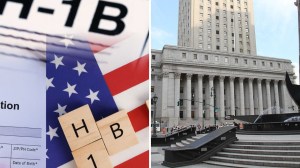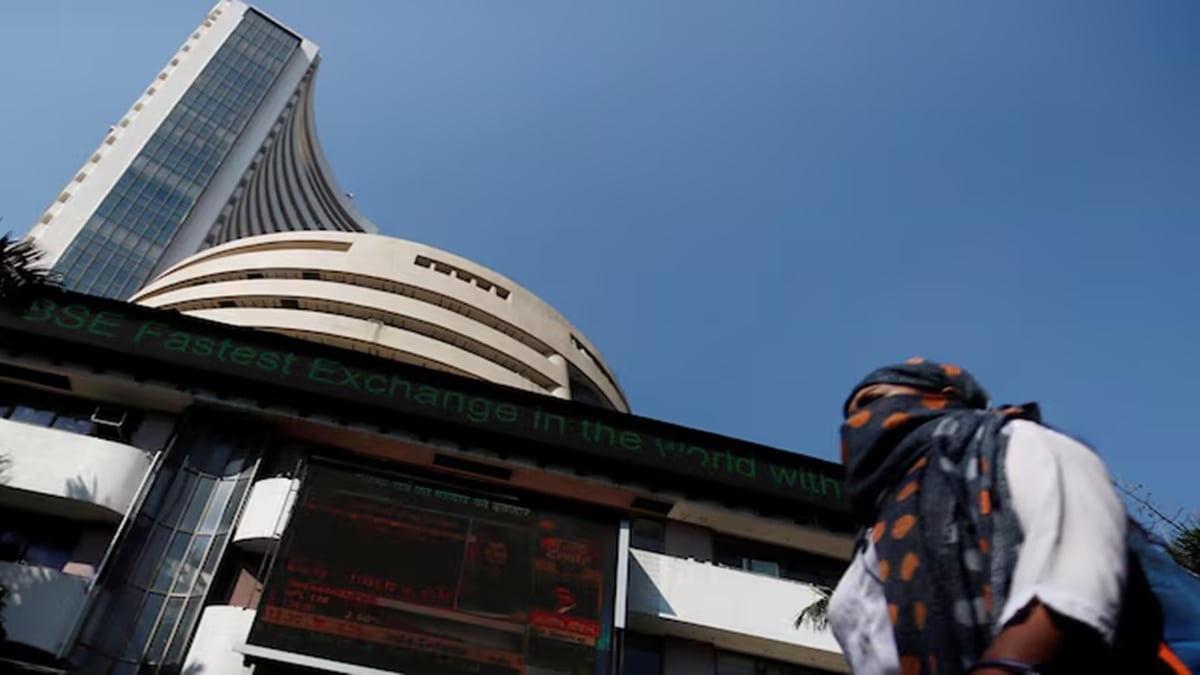API Holdings, the parent company of online pharmacy PharmEasy, has seen a 92% markdown in its valuation — plunging from a peak of $5.6 billion in 2021 to $458 million, according to recent SEC filings.
Global asset management firm Janus Henderson, which made its first investment in PharmEasy during the company’s Series F funding round in 2021, has reduced its valuation of the company. The firm, which initially invested approximately $100 million, has marked down its investment by 91.8%, reflecting a profound loss in investor confidence. This comes after an earlier valuation haircut of 90% in April, following PharmEasy’s efforts to raise approximately $215 million in a funding round led by Manipal Education and Medical Group (MEMG) and other existing investors.
PharmEasy’s financial distress has been further compounded by its inability to manage its debt obligations effectively. The Mumbai-based company defaulted on a Rs 3,500 crore loan from Goldman Sachs in June 2023, a significant setback that has raised concerns about its financial stability. The company had initially planned to go public with an IPO in November 2021, but these plans were postponed due to unfavourable market conditions, leaving the firm to grapple with its mounting debts.
Market dynamics in the sector have also shifted significantly over the past year. According to recent data from Redseer, PharmEasy’s market share has declined from 33% in October 2022 to 15% in September 2023. Conversely, Tata 1mg has emerged as the new market leader, increasing its share from 19% to 31% during the same period. Other players like Flipkart Health Plus, Reliance-Netmeds, and Apollo have maintained their GMV market share at 15-18%.
PharmEasy’s focus on profitability through marketing cuts and cost-saving measures may have contributed to its market share decline. Despite these challenges, the company posted a 16% year-on-year revenue growth to Rs 6,643 crore in FY23, though losses surged 30.5% to Rs 5,211 crore. The company is yet to file its results for FY24.
The company’s current predicament can be traced back to its aggressive acquisition strategy, particularly the purchase of Thyrocare Technologies for Rs 4,546 crore in 2021. This acquisition, made at a 40X Ebitda multiple, was intended to bulk up PharmEasy’s financials ahead of its planned IPO. However, Thyrocare’s Ebitda has since reduced by nearly 50%, and its market cap is down by over 60%, turning what was once seen as a strategic advantage into a liability.
The company faces scrutiny beyond financial metrics, with allegations of mis-selling practices potentially putting PharmEasy’s 3.9 million customers at risk. Former company executives and pharmacists have cited daily-target pressures to sell private-label supplements, generic medicines, and lab tests.
Additionally, The All India Organisation of Chemists and Druggists (AIOCD) has also long been raising concerns over the operations of e-pharmacies in general, particularly highlighting issues related to deep discounting practices and the impact on traditional pharmacies.







